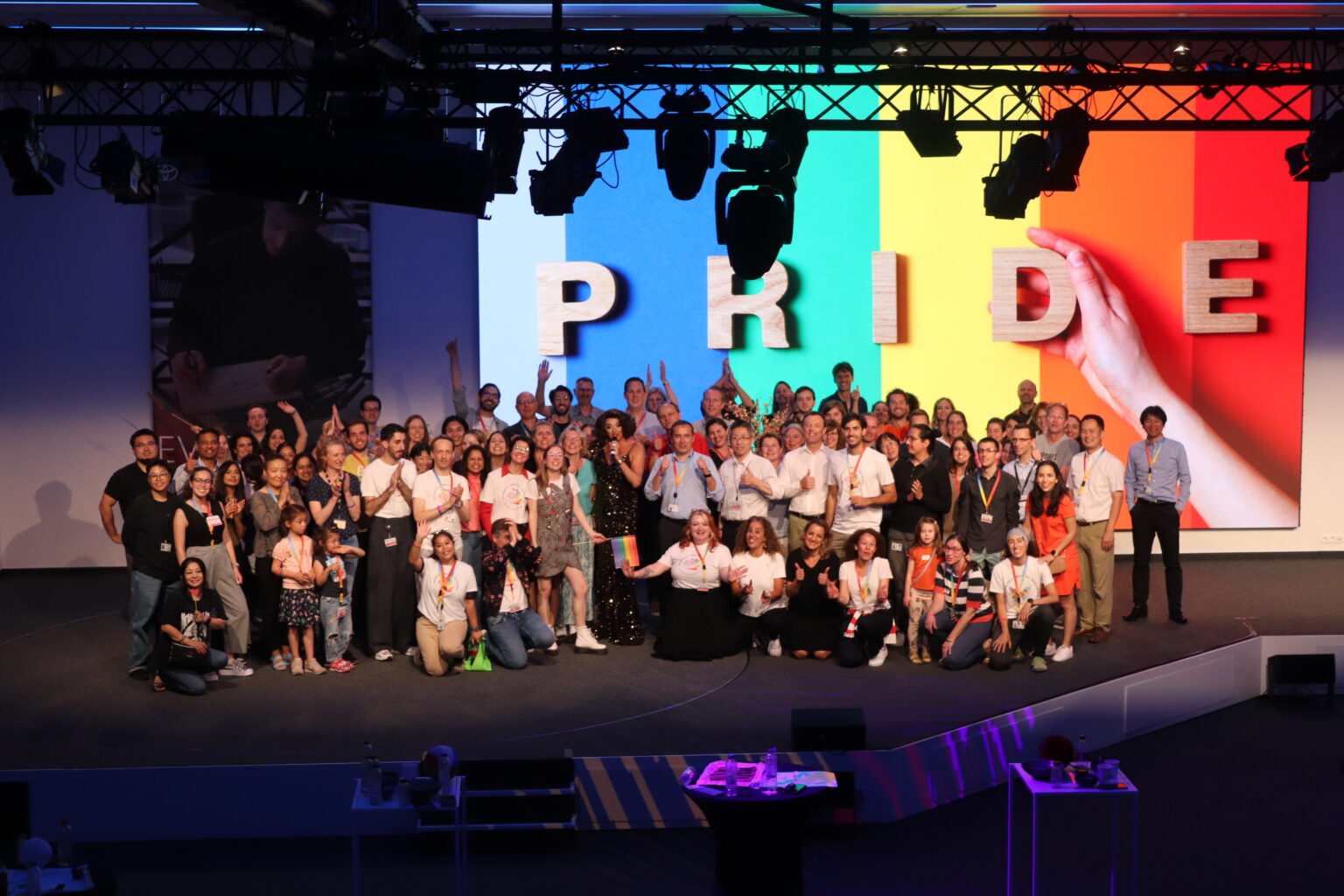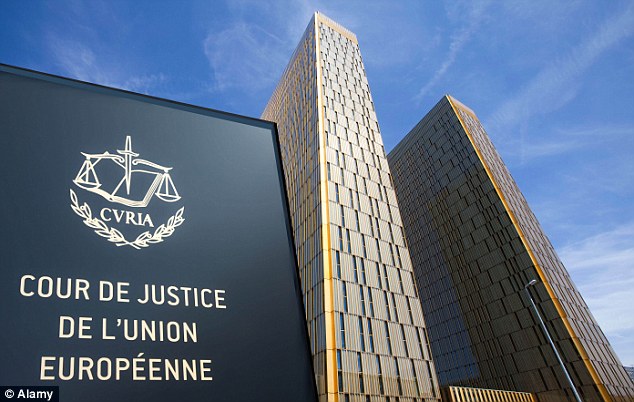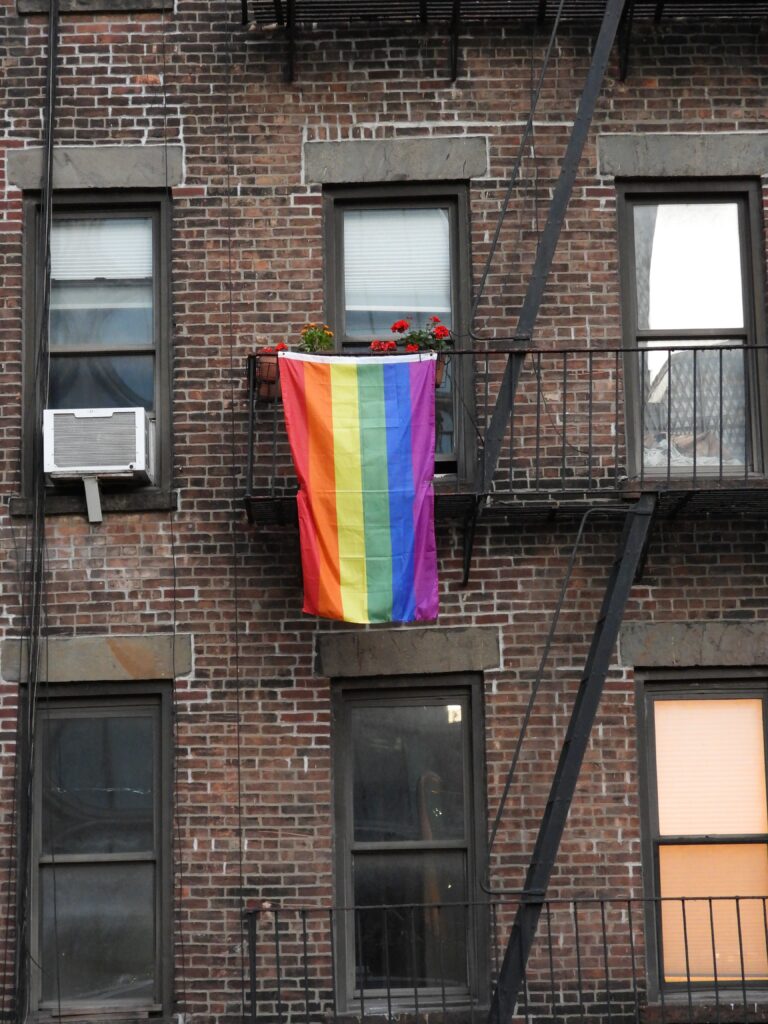How employee-led initiatives are positively impacting LGBTI equality

LGBTI staff groups organise social events for LGBTI staff and allies, raise awareness and push for more inclusive employment policies within their companies, but can also have an important role in supporting LGBTI activism
Increasing numbers of companies across Europe have LGBTI employee groups, sometimes known as LGBTI Employee Resource Groups or ERGs, providing supportive peer network for LGBTI staff members. Company leadership’s support for LGBTI staff groups is an indicator of the company’s values and commitment to diversity & inclusion. Support can look like official recognition of employee groups, allocating budget for activities, showing up and hearing issues raised, and committing to respect the rights of LGBTI people throughout the company’s operations.
It’s important that activities and support don’t stop at the company walls. Employee-led initiatives can have a positive impact not only on company culture but in broader society and for the LGBTI movement.
Employee-led initiatives at businesses across sectors are increasingly supporting the vital work of ILGA-Europe, as demonstrated in our freshly updated and launched ‘Partnership for Equality’ guide for companies. Initiatives can be serious, fun, innovative and really contribute to employee engagement on top of having a positive impact for the cause.
Examples of employee-led initiatives
For example, Toyota Motor Europe’s LGBTI staff group, called ‘All Colours of the Rainbow’, hosted a range of events to celebrate 2023 Pride, including taking part in the Brussels Pride march and throwing a fundraising drag show at their headquarters offices benefitting ILGA-Europe.
The Ipsos Pride Network organised an internal webinar, inviting a guest speaker from ILGA-Europe to talk about the situation for LGBTI rights across Europe, helping to raise awareness among colleagues.
Meanwhile, the team at easyJet also organised an online talk on LGBTI rights across Europe, with a speaker from ILGA-Europe, to raise awareness of the situation for LGBTI communities especially in the countries to where the airline flies. On a more fun note, the team also organised a bake-sale, dress-up day and gave colleagues the chance to have a go on a dance machine, all to raise money for ILGA-Europe.
Many companies have in place employee giving programmes, in which they match charitable donations made by employees. ILGA-Europe has benefitted from matched donations by employees from Google, Netflix, F5, Spotify, TripAdvisor, Apollo and many more. A wonderful example of making the most of employer matching comes from Hue, WP Engine’s LGBTQIA+ Employee Resource Group, who marked Pride with a range of activities from charity talks to a poetry slam and dance party. ILGA-Europe was one of their chosen charity beneficiaries for Pride, and WP Engine generously offered to match employee donations.
If you’re part of an LGBTI employee network, or inspired to start one, you can find more inspiring examples and tips for getting involved in ILGA-Europe’s Partnerships for Equality guide.




